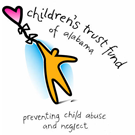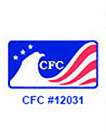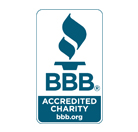Extended Forensic Interview Training
Register Here
We know everyone has been looking forward to returning to in-person training in 2022; however, NCAC has made the very difficult decision to keep all trainings virtual in 2022. We realize this may be disappointing, but our first priority is the health and safety of our trainers and you, our trainees. Given the continued unknowns surrounding the coronavirus and its variants, we feel this is the best decision for everyone’s well-being.
In child abuse investigations, the single interview practice is the approach currently recommended by Multidisciplinary Teams (MDTs), Child Advocacy Centers (CACs), and "best practice" resources throughout the U.S. This approach assumes a child is willing and able to discuss the allegation topic and can provide sufficient detail to inform the investigation and to support case decisions. While the single interview approach is sufficient for many children and cases, a subset of children are challenged to participate in such a focused conversation with a stranger and may benefit from more time and an expanded conversation over multiple sessions.
This training introduces an approach for a multi-session forensic interview of a child who is potentially a victim or witness of child abuse or other violent behaviors. An Extended Forensic Interview (EFI) is appropriate for children where the results of a single interview are inconclusive or where there are serious concerns about the child's ability to participate in a single-session interview. Children who might be considered for an EFI includes a child with developmental delays or cognitive disabilities, and the extremely traumatized child. Cultural considerations may also indicate a need for an EFI, rather than a single-session interview. This training is presented in English. If you need interpretation or any other accommodation to participate in this training please contact the training coordinator. International participants are responsible for their own interpretation services.
Child Forensic Interviewing: Best Practices. OJJDP Juvenile Justice Bulletin










